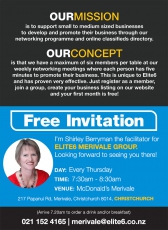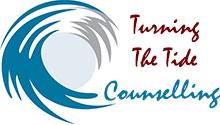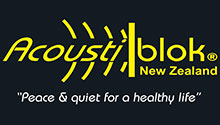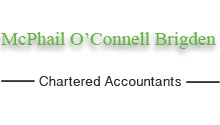On the internet, it can be hard to differentiate between what’s fact and what’s fiction. Unless you’re something of an expert on the topic you’re reading about online or have some knowledge about it, you may not know you’re even being lied to in the first place.
Not everything, of course, is this dire. There’s truth if you know where to find it- and the lies if you know how to look.
A debatable resource is Wikipedia. Yes, it may have an excess of information, and yes, Wikipedia is easy and uncomplicated to use but yes, anyone can edit it and turn a wealth of helpful text into something with little relevance at all. When researching for NCEA level assessments, senior students in New Zealand schools are often told that the use of Wikipedia is prohibited. They simply can’t tell what information is true or what has been tampered with.
However there are certain search engines that can be used to find true information. These are tools such as the engine Sweet Search, which retrieves only valid data. For students engines such as these can be lifesavers. Still, the fact remains that not everything online is filtered. This is where you can utilise your most primitive tool: common sense. Sometimes it can be easy to sort the truth from the fiction, and at other times, you can compare one source with others to see if it matches up.
It’s up to you, really, if you want to trust information to glean from a site on the ‘web; would you trust this?













 Speed Networking
Speed Networking 


















Leave A Comment
You must be logged in to post a comment.